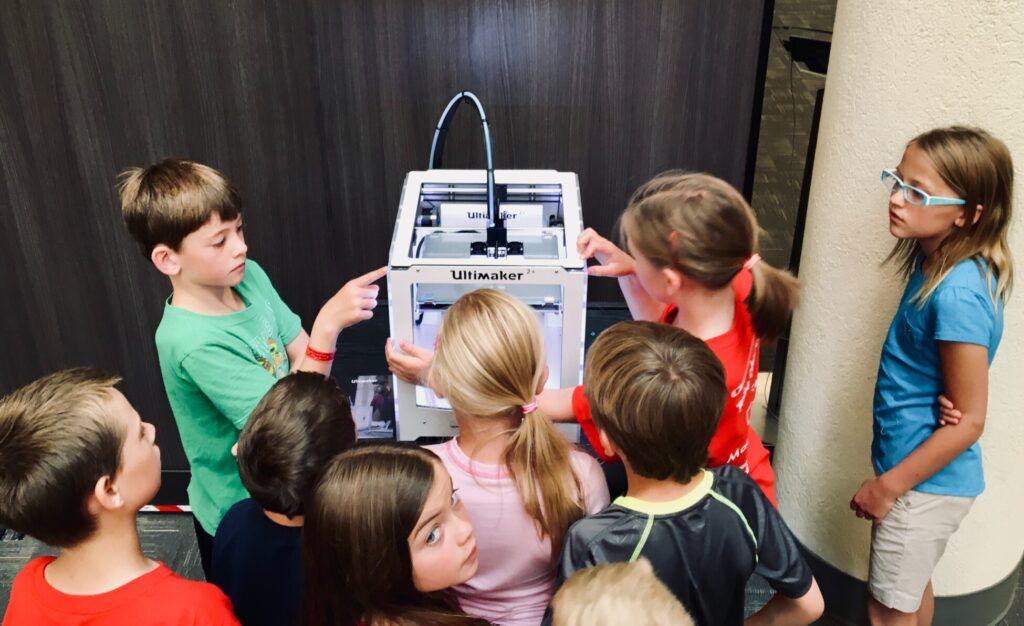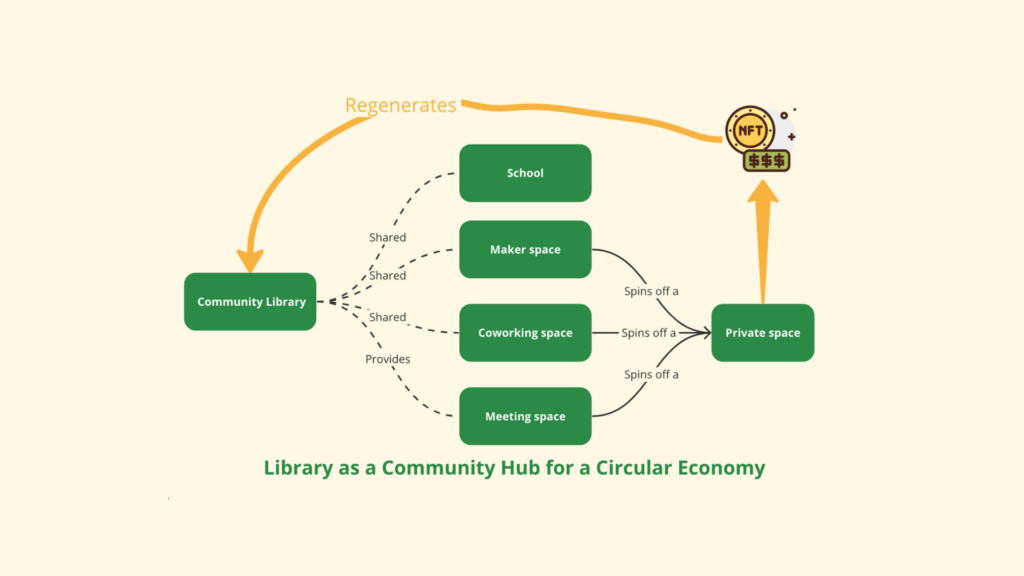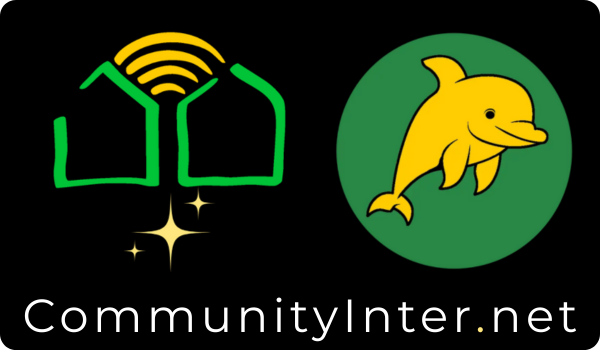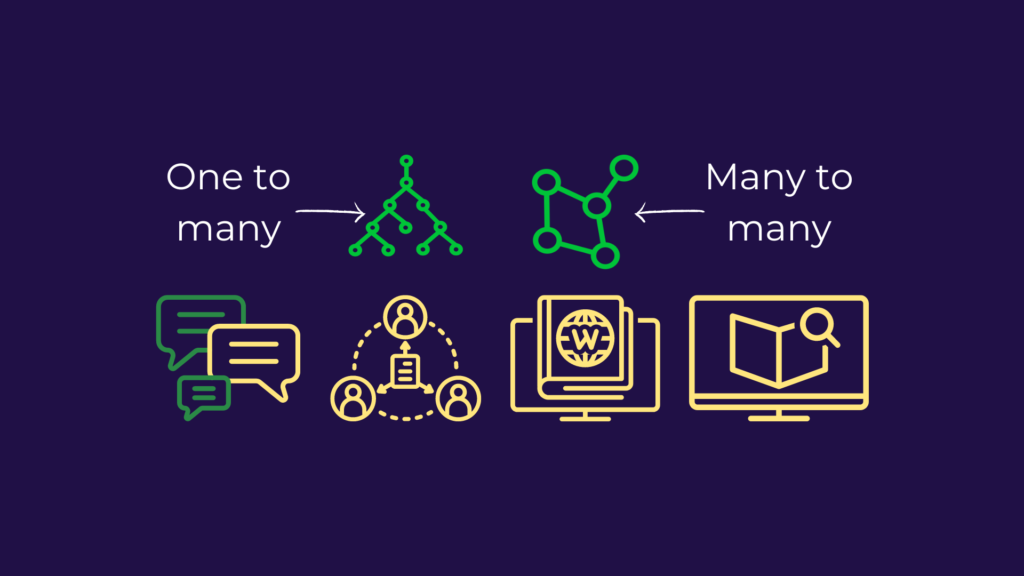Library as a Community Hub for a Circular Economy

Collaborating with a community library offers a plethora of benefits when introducing community-driven projects like the development of community-owned Internet networks. Libraries have traditionally been places of learning, sharing, and community involvement, which makes them ideal hubs for such initiatives.

1. The Transformation Process:
- Maker Space: Libraries can introduce tools and equipment relevant to Internet network development, such as routers, servers, and other networking gear, alongside the more typical tools found in makerspaces like 3D printers, soldering stations, and electronics kits. This not only facilitates hands-on training for participants but also allows for the actual hardware building required for community-owned Internet networks.
- Coworking Space: By designating certain areas of the library for brainstorming, planning, and collaboration, community members can regularly meet to discuss the progress of the network, address issues, or even expand into other tech-related community projects. This coworking space can also cater to freelancers and entrepreneurs who can leverage the community network.
- Meeting Space: Libraries can serve as meeting points for stakeholders at all levels – from high school students to elders. Regular meetings can be organized to inform the community about progress, gather feedback, and educate them about the benefits and operation of the community-owned network.
2. Spinning off Private Spaces:
As the project grows and evolves, there might be a need for dedicated spaces outside of the library.
- Dedicated Workshops: With increased interest and participation, specific workshops can be set up in separate locations to cater to the hardware aspects or even advanced training modules.
- Private Coworking Establishments: If the coworking model proves successful and attracts more professionals, separate coworking establishments can be initiated, potentially even using the community network as a selling point.
- Specialized Meeting Venues: For larger community gatherings or to address more specific needs, private meeting venues could be rented or purchased.
3. Educational Collaboration with Local Schools:
- Curriculum Integration: Schools can introduce modules on community networking, digital literacy, and related topics. These lessons can be practical, where students actually engage in network building activities at the library.
- Project-Based Learning: Students can take on specific roles or projects related to the community network, fostering a sense of ownership and real-world learning.
4. Engaging Elders & Broader Community:
- Digital Literacy Classes: Classes specifically designed for elders can be introduced, focusing on the basics of the Internet, online safety, and the importance of community networks.
- Community Feedback Sessions: Regular sessions where community members, including elders, provide feedback on the network, its benefits, and potential improvements can be invaluable.
In conclusion, a community library, given its inherent nature as a hub for knowledge and sharing, is an ideal place to initiate community-driven projects like community-owned Internet networks. Through gradual transformation and collaboration with local schools and stakeholders, these libraries can play a pivotal role in not just educating but also in the actual creation and maintenance of such networks. Over time, as momentum grows, the project can extend beyond the library into private spaces, ensuring sustainable growth and community engagement.
Library slides
this is for members of multiple Groups who are approaching libraries as a tech hub.






12 years ago: “General Assembly is one of New York’s hottest and most unique coworking spaces. Learn why its founders decided to offer technology classes along with work spaces.” https://youtu.be/9Q3-1SQ0SQw?si=Q-BASabDEib7hUsV